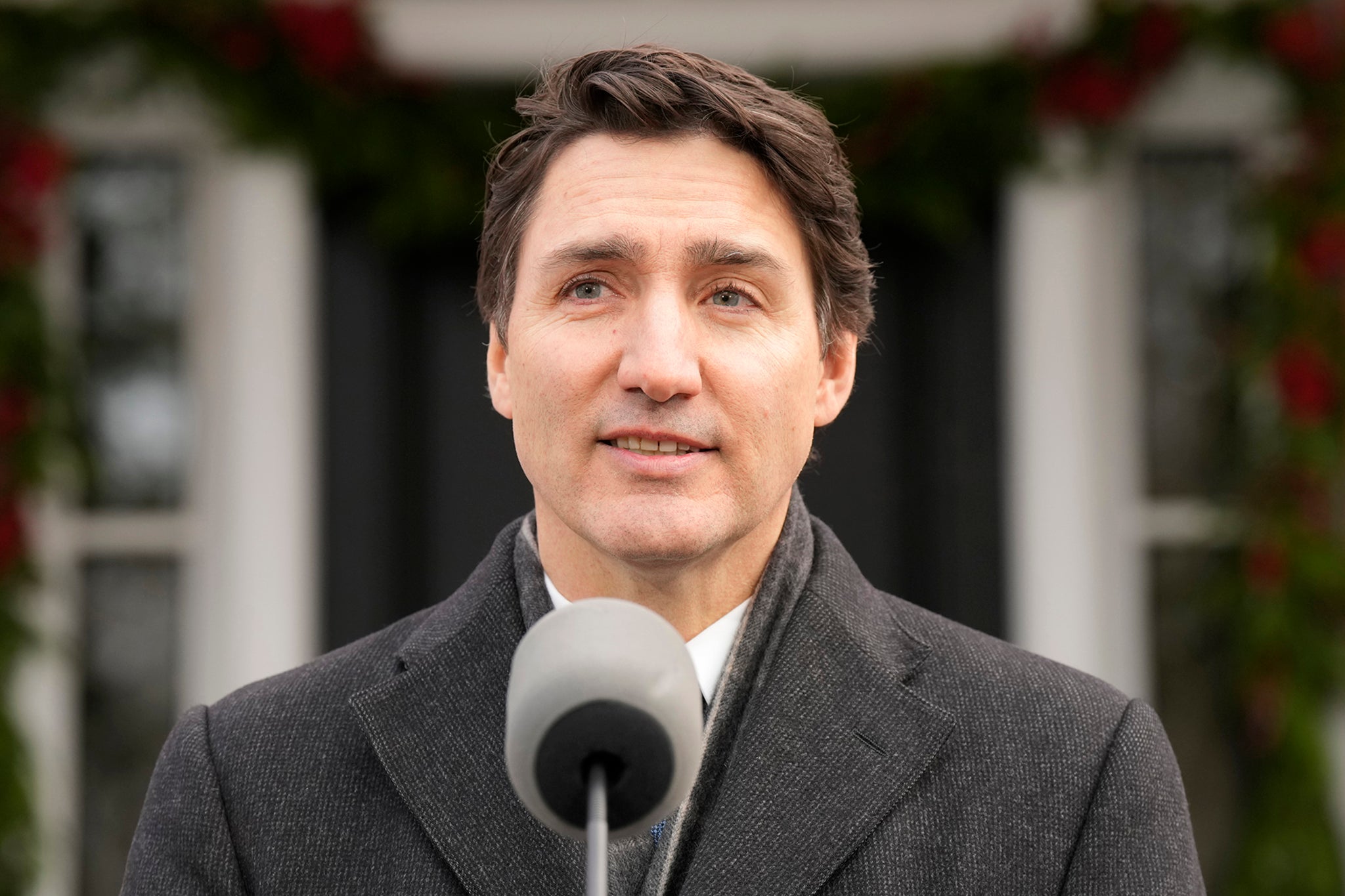Why Justin Trudeau resigned after nine years as Canadian prime minister?
Trudeau, facing record-low approval ratings over the last few months, stepped down from his position on Monday
Canadian prime minister Justin Trudeau resigned as leader of the Liberal Party on Monday, after facing immense pressure to step down from members of his own party since his deputy prime minister resigned over concerns about Donald Trump’s tariffs.
Facing low approval ratings in part due to the cost of living crisis, signs were mounting that Canadians had lost faith in the Liberal Party, which Trudeau has led as prime minister since 2015.
But internal confidence plummeted in mid-December, when Chrystia Freeland, the deputy prime minister and head of finance, unexpectedly resigned citing disagreements over the handling of Trump’s proposed 25 percent tariffs on the country – an issue that could damage the economy.

In the following weeks, dozens of Liberal MPs called on Trudeau to step down. In December, a majority of Liberal MPs in the province of Ontario agreed, on a call, that Trudeau should step down, according to CBC.
“We’ve reached a breaking point,” said one Liberal who attended the meeting, and was granted anonymity to speak freely, according to Politico. “There’s a critical mass now that has been reached and that was not in place before.”
Ontario is the country’s most populous province, and support from the Liberals there put Trudeau’s confidence on life-support.
Then, on Friday, George Chahal, a Liberal MP for Calgary Skyview, penned a letter to the liberal caucus urging them to support others in calling for Trudeau to step down and appoint an interim leader.
“Prime Minister Justin Trudeau no longer has the support of caucus and to maintain some dignity he should immediately tender his resignation,” Chahal wrote.
The developments arrived amid resignation calls from the Liberal Party’s Atlantic caucus, Conservatives and the New Democratic Party.

Trudeau was all but physically backed into a corner as the opposition parties, Conservatives, the New Democratic Party and Bloc Quebecois, signaled they would move for a non-confidence vote in January when Parliament was slated to return, claiming the “Liberal government does not have the confidence of Parliament.”
That non-confidence vote could have triggered early federal election country which Liberals were widely expected to not survive.
But upon returning from a ski vacation with his family on Monday, Trudeau announced he was stepping down – answering Liberals calls.
“It has become clear to me that if I’m having to fight internal battles, I cannot be the best option,” Trudeau said.
The Liberal Party will now begin its process of selecting a new leader. Trudeau said he asked Parliament to be suspended until March. Opposition parties are still expected to hold a confidence vote which could move the federal elections up from October.
Join our commenting forum
Join thought-provoking conversations, follow other Independent readers and see their replies
Comments